Know Your Canadian Rights During Police Stops
Did you know that approximately 12 million interactions occur between the Canadian public and the police every year? Whether you are driving, walking down the street, or at home, understanding your legal rights during police stops is essential. It is vital to be aware of when you are obligated to answer questions, when you have the right to remain silent, and what actions the police can and cannot take.
Key Takeaways:
- There are three general circumstances under which the police can stop you: if they suspect you have committed a crime, if they witness you committing a crime, or if you are driving.
- If the police do not arrest or detain you, they must let you go.
- You have the right to be informed of the reason for your arrest and the right to consult with a lawyer.
- One of the most important rights is the right to remain silent, except in specific circumstances such as when driving a vehicle.
- During a traffic stop, you are required to provide your driver’s license, proof of registration, and proof of insurance.
Knowing your rights empowers you to protect your legal liberties and ensures fair treatment during police encounters. In the following sections, we will delve deeper into your rights when talking to the police, what to do when pulled over, the rules surrounding vehicle searches, and how to handle police visits to your home.
Your Rights When Talking to the Police in Canada
In Canada, as a citizen, you have certain rights and protections when interacting with the police. These rights are outlined in the Canadian Charter of Rights and Freedoms and are designed to ensure fairness and safeguard your legal interests.
One of the most important rights you have is the right to remain silent. In most cases, you are not obligated to speak to the police unless you are involved in specific circumstances such as driving a vehicle or being part of a car accident.
It is crucial to know if you are under arrest or being detained by the police. If they want to question you, they must inform you of your right to speak to a lawyer and provide you with the means to contact one. Consulting with a lawyer before answering any police questions can help protect your legal interests.
By exercising your rights, you can ensure that you are treated fairly and that your legal liberties are upheld during interactions with the police.
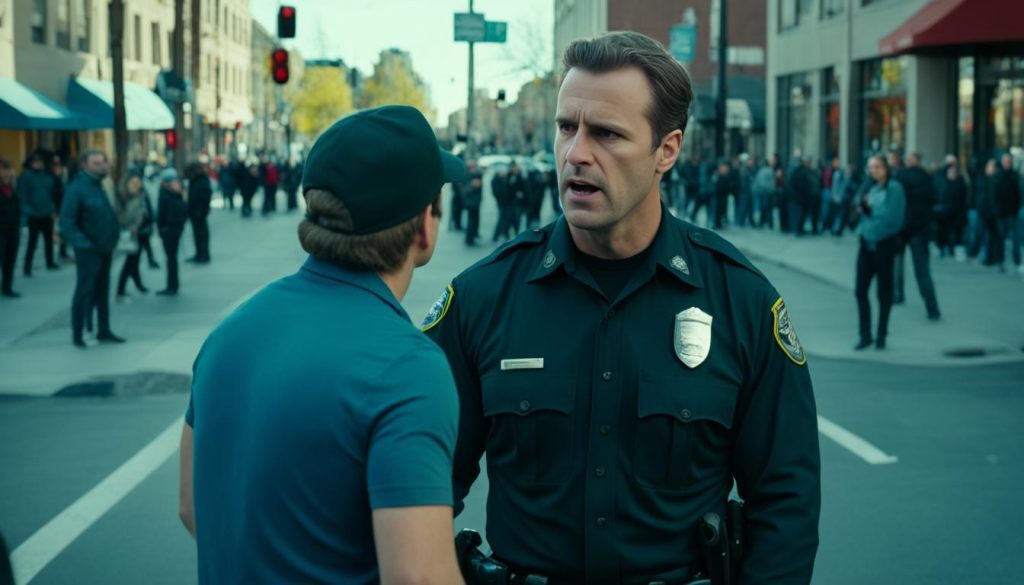
Your Rights When Talking to the Police in Canada:
- You have the right to remain silent in most situations, except when driving a vehicle or involved in a car accident.
- You have the right to know whether you are under arrest or being detained.
- You have the right to be informed of the reason for your arrest.
- If the police want to question you, they must inform you of your right to speak to a lawyer and provide you with the means to contact one.
By understanding and asserting your rights, you can navigate police encounters with confidence and ensure that your legal liberties are protected.
Your Rights When Pulled Over by the Police
When you are pulled over by the police while driving, it is essential to understand your rights. The police have the authority to initiate a traffic stop to check for proper documentation, ensure the safety of the vehicle, determine intoxication, or investigate driving offenses. During a traffic stop, you are required to provide your driver’s license, proof of registration, and proof of insurance. Failure to comply may result in charges. While a traffic stop is a form of detainment, it is held to be constitutional given its short duration and its purpose of ensuring roadway safety. However, there are exceptions to these general rules. Consulting with a lawyer can help ensure your rights are protected in these situations.

| Key Points |
|---|
| 1. The police have the authority to initiate a traffic stop for various reasons. |
| 2. During a traffic stop, you must provide your driver’s license, proof of registration, and proof of insurance. |
| 3. Failure to comply with the police’s request may result in charges. |
| 4. Traffic stops are considered constitutional as long as they are limited in duration and serve the purpose of ensuring roadway safety. |
| 5. Consulting with a lawyer can help protect your rights during a traffic stop. |
Can the Police Search My Car?
When it comes to police searching your car in Canada, understanding your rights is important. Generally, the police do not have the power to search your car without a warrant. However, there are certain circumstances where they are permitted to look inside your vehicle, especially if they suspect the presence of illegal substances.
If the police see something illegal in plain view, they may arrest you and conduct a search for officer safety and further investigation. However, for a search to be conducted without a warrant, the police must have reasonable grounds to believe that there are illegal drugs, alcohol, or evidence of a crime present.
It is essential to note that you have the right to refuse a search without a warrant and consent is not required. If the police insist on searching your car without reasonable grounds, it is crucial to consult with a lawyer to address the issue and protect your legal rights.
| Can the Police Search My Car? | Yes | No |
|---|---|---|
| Without a warrant? | No | Yes |
| If illegal substances are in plain view? | Yes | No |
| If there are reasonable grounds to believe there are illegal drugs, alcohol, or evidence of a crime present? | Yes | No |
| If you refuse a search without a warrant? | No | Yes |
What If the Police Come to My Home?
As a Canadian citizen, it is important to understand your rights when the police come to your home. The police may visit your residence under various circumstances, including having a warrant to enter and arrest, a warrant to search, or urgent situations where the safety of individuals is at risk.
In most cases, you are not obligated to answer their questions or grant them access to your home. If the police have a search warrant, they must identify themselves, present a copy of the warrant, and ask for permission to enter. If the warrant is valid, you must allow them entry. However, if the police do not have a warrant or there are no urgent circumstances, you have the right to refuse entry.
It is crucial to remember that the police can only enter your home if you or someone else in the home is suspected of committing a crime against others, not by you. If you find yourself in this situation, consulting with a lawyer can provide you with the necessary guidance to ensure your rights are protected.
- Quebec Police Officer Salary Insights 2023 - July 13, 2025
- Canada Arrest Protocol: What Police Say Upon Arrest - June 12, 2025
- Can Police Disclose Who Reported You? Find Out Here - June 6, 2025
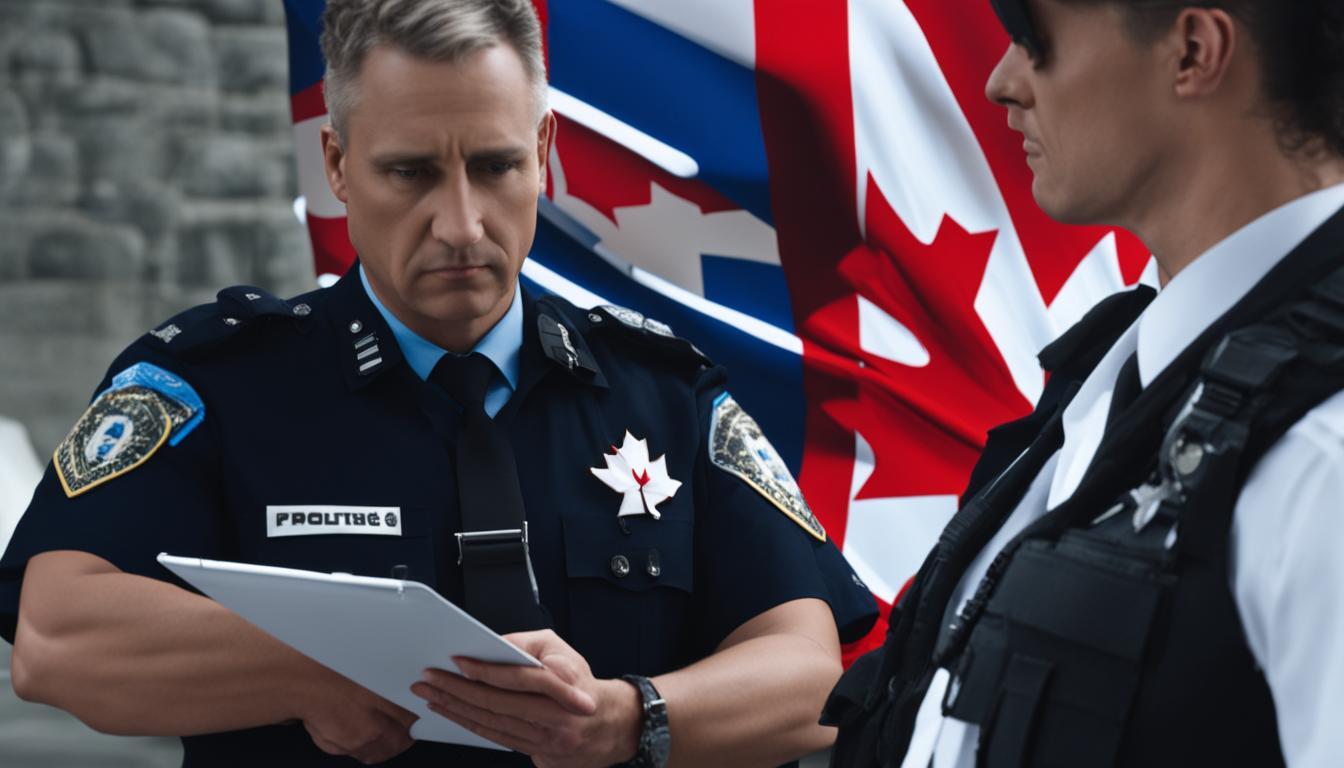
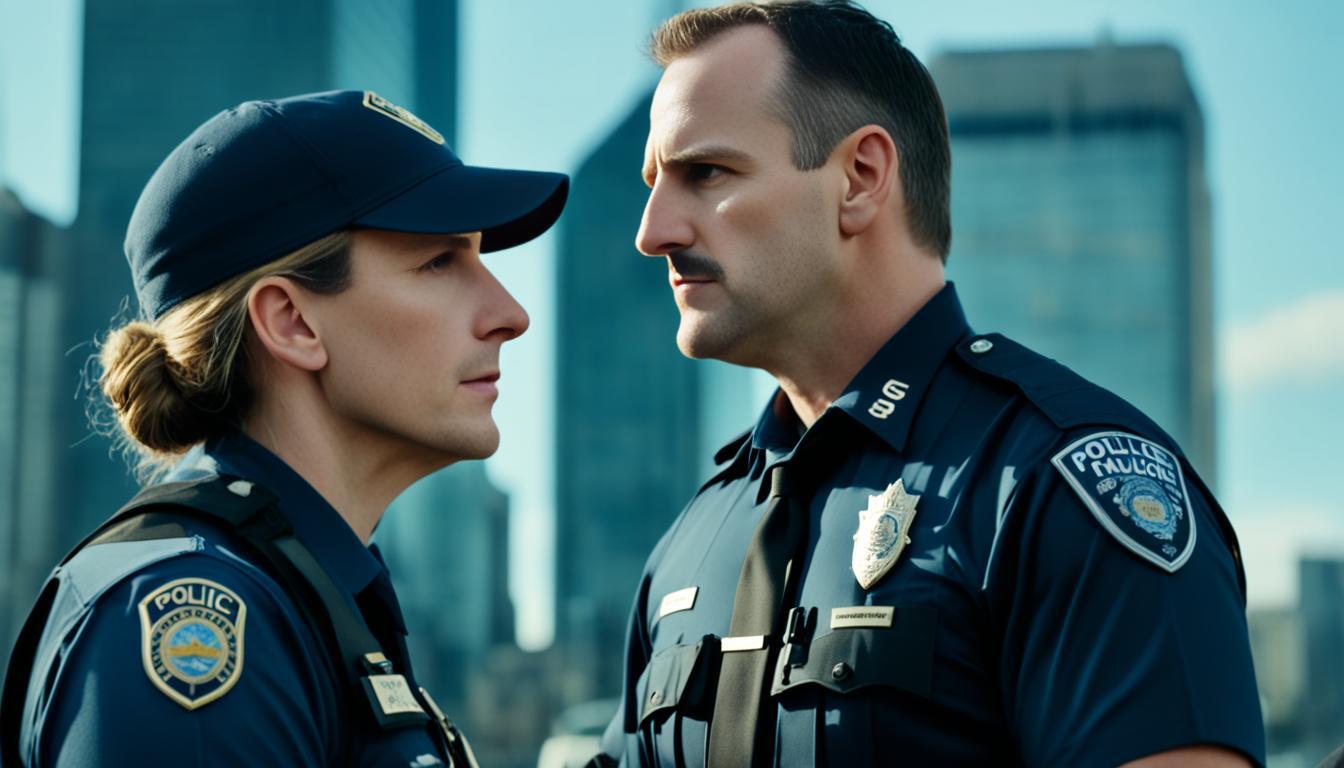
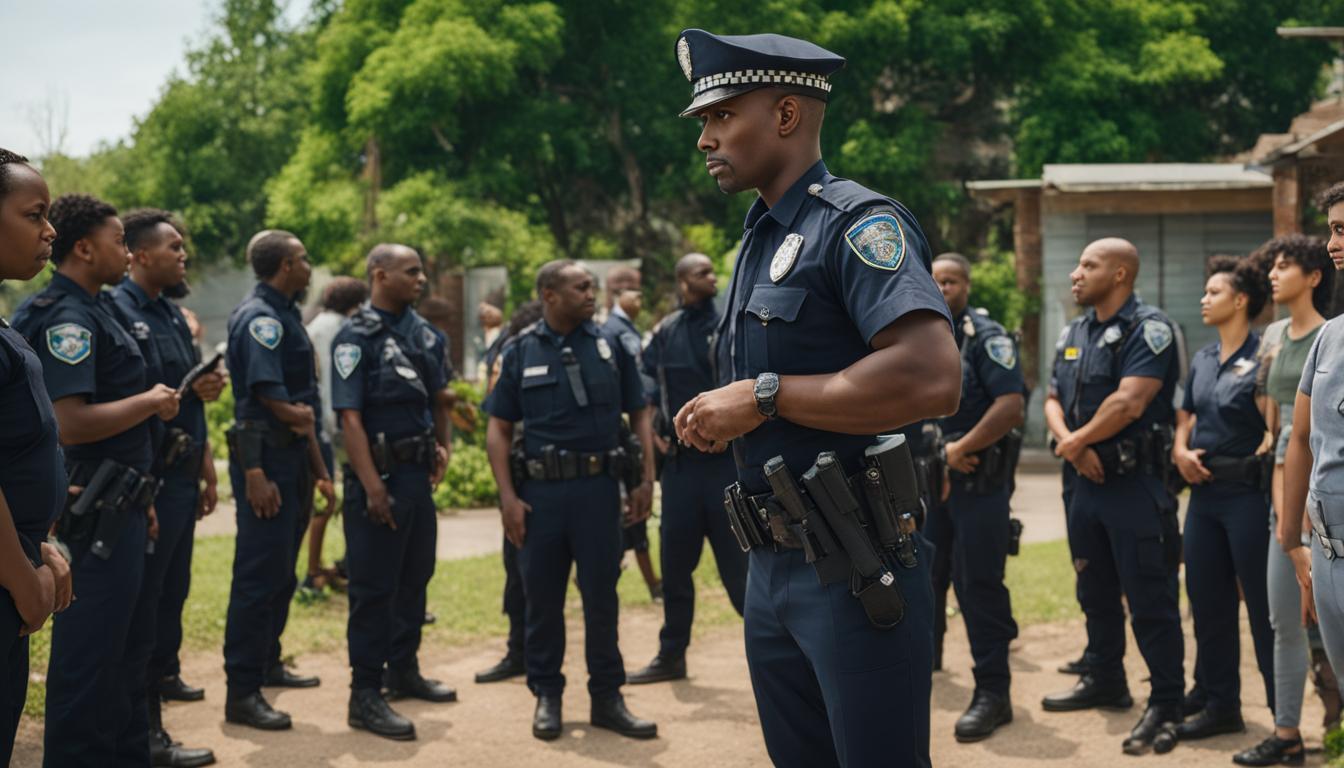
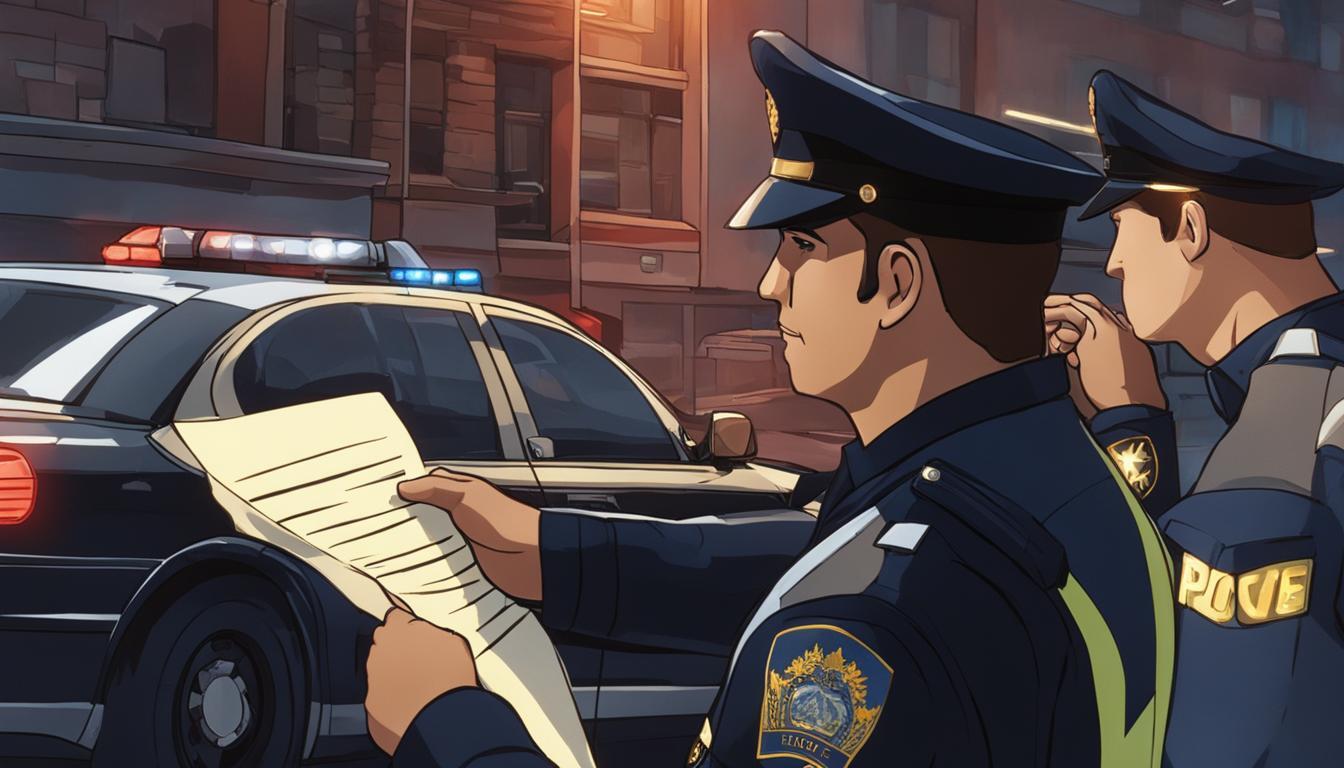
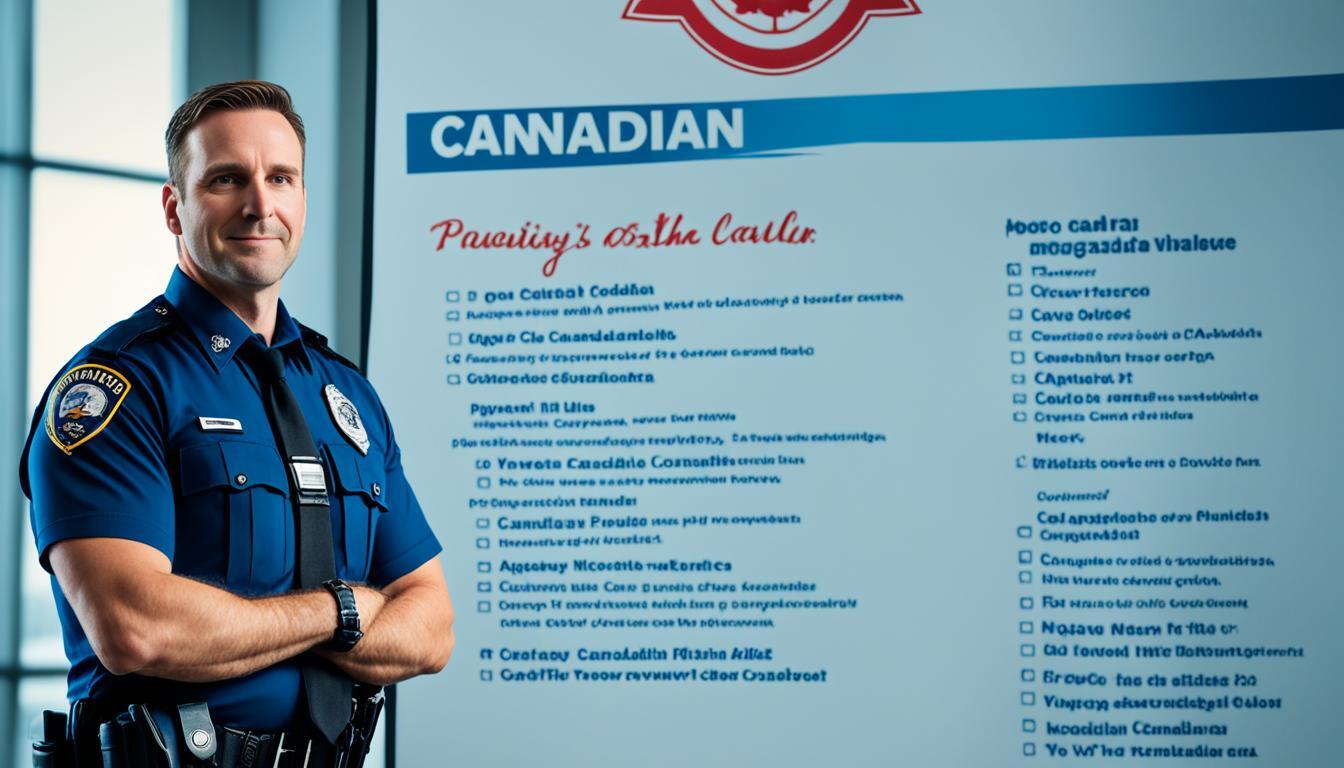
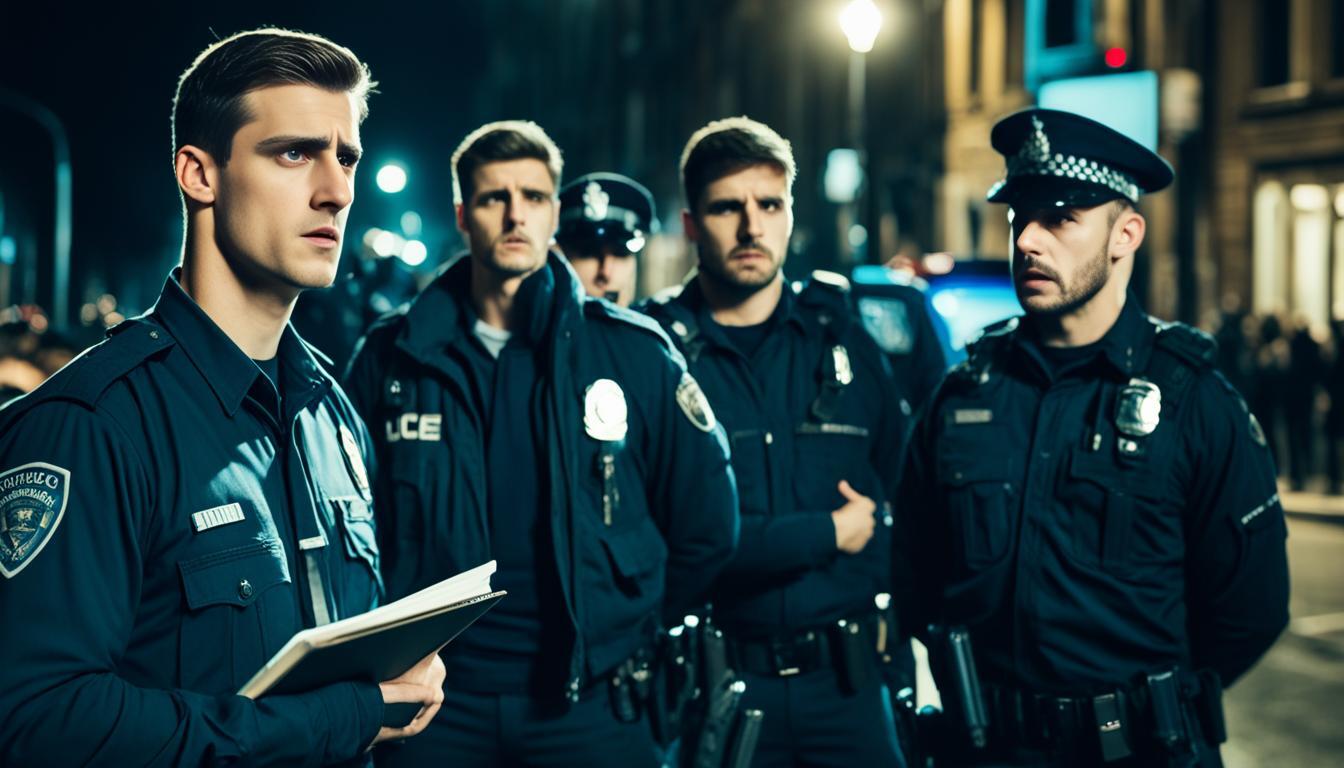
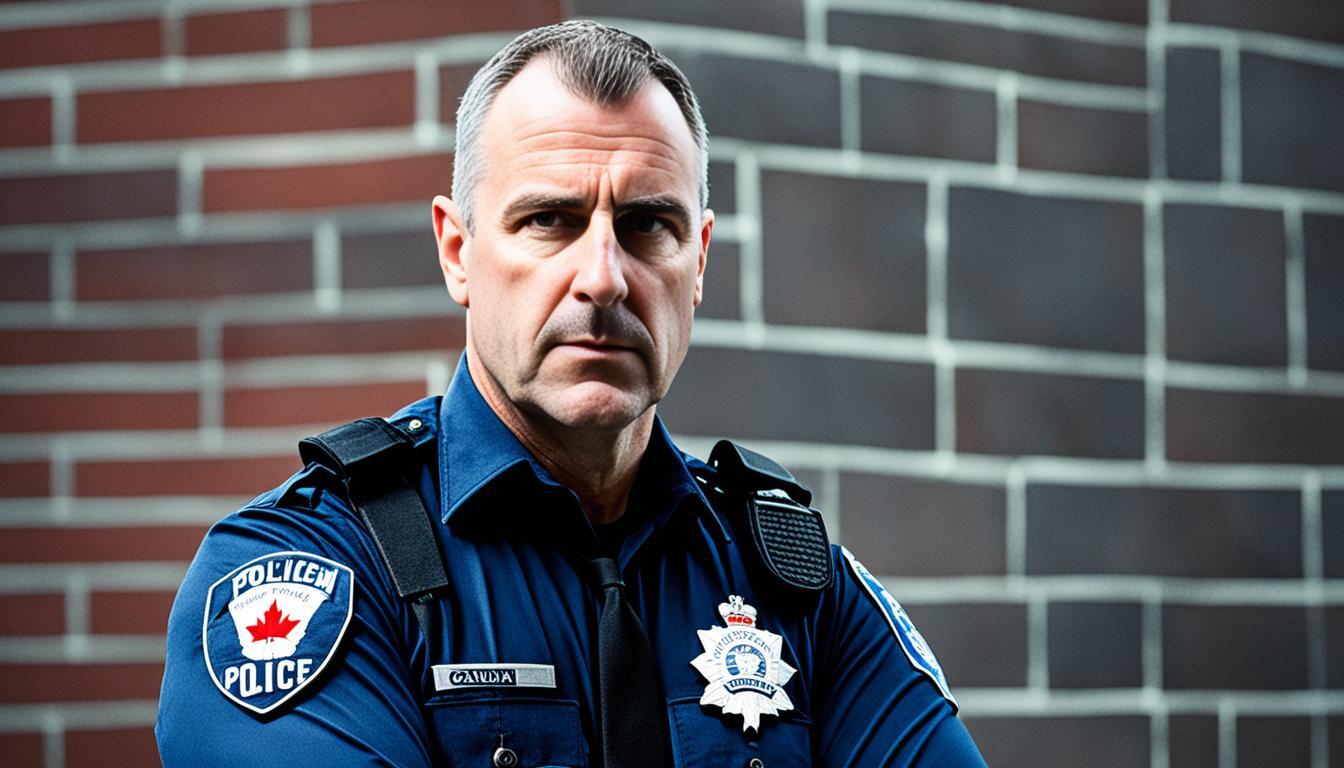


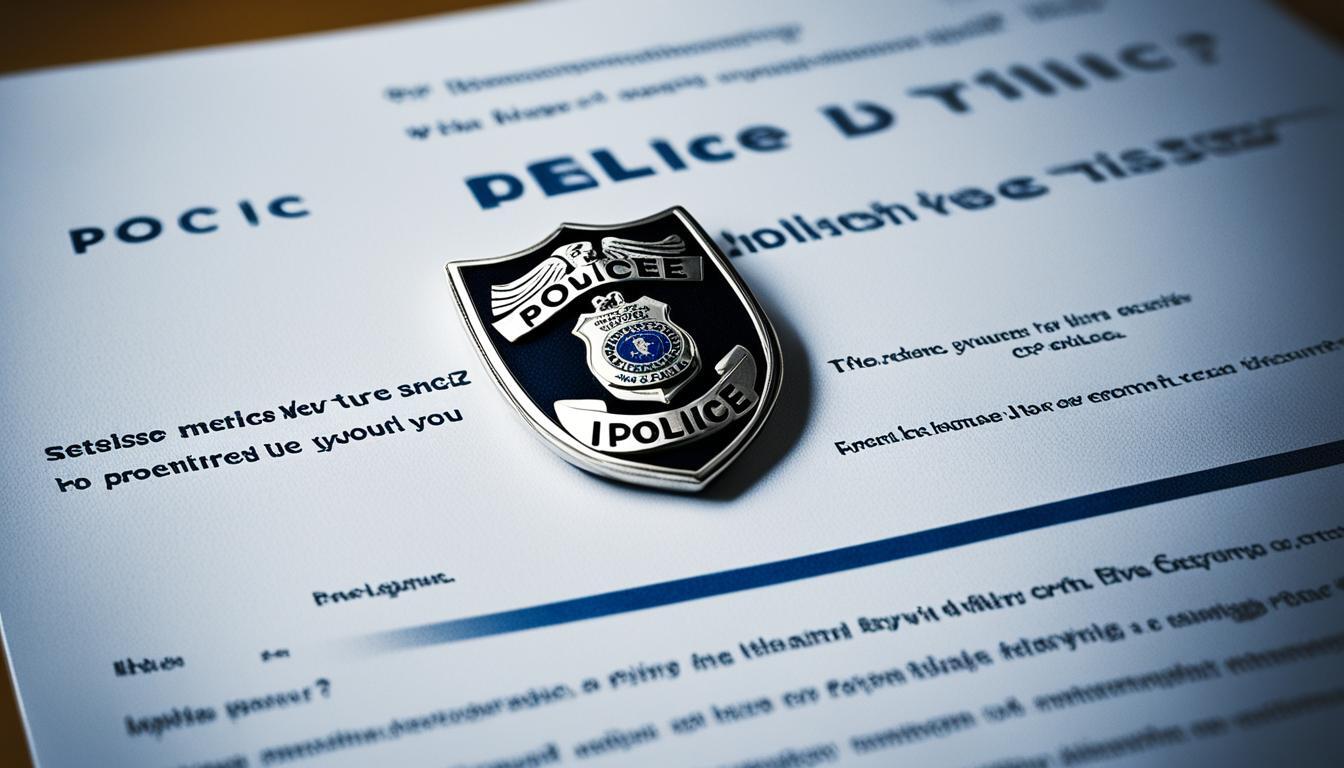









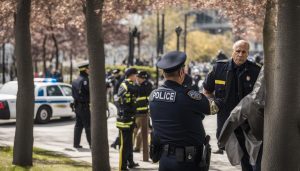
Post Comment